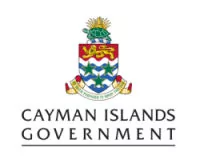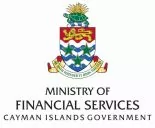Amendments to the Liquor Licensing Law will come into effect on 1 January 2016.
Current and future licence holders are advised that the law will feature several amended or entirely new components, all of which are intended to improve the liquor licensing process.
In particular, the amendment removes the current moratorium in order for the Liquor Licensing Board to grant new liquor licences.
Director of the Department of Commerce and Investment (DCI), Ryan Rajkumarsingh, highlighted five important aspects for the public to consider.
- New requirements for grants. Persons seeking a liquor licensing grant, whether for an annual or occasional licence, must provide proof of a valid trade and business licence, along with the relevant licensing fee and previously requested details. Liquor can only be sold by the trade and business licence holder.
- Grace period for renewal applications. If you are renewing your licence, you have until 30 September, 2018, to submit your renewal application along with proof of a valid trade and business licence. If the liquor licensing board revokes your licence before that date, the grace period will not apply.
- Trade officer inspection. At the request of the Liquor Licensing Board, DCI trade officers may inspect any licensed premises and report back to the board on whether the premises are being used in accordance with their licences. Trade officers must clearly identify themselves and any person who hinders inspections commits an offence and is subject to a penalty.
- Board constitution and meetings. The board increases in size from five to ten members in Grand Cayman, which includes representatives from DCI, the Department of Planning and the Department of Environmental Health, and five to eight members in the Sister Islands. Board members are now able to attend board meetings, which remain open to the public, via teleconference or other electronic means if they cannot attend in person.
- Flexibility with opening hours. License holders can sell liquor at their licensed premises at any point during the hours specified in their license and the licensed premises can open and close at any time during the permitted hours.
The Liquor Licensing (Amendment) Law, 2015 was passed by the Legislative Assembly in October 2015. Since then, Mr Rajkumarsingh said DCI staff have been preparing for the enforcement of the law.
'Both business owners and staff will need to adjust their practices to comply with the changes to the law', he said. 'For DCI, our goal is to have operational systems in place where we can act in accordance with the new legislation as of 1 January'.
For more information on the new law, visit www.dci.gov.ky; email info@dci.gov.ky; call 945-0943 in Grand Cayman; or call 948-2400 for Cayman Brac and Little Cayman.
The content of this article is intended to provide a general guide to the subject matter. Specialist advice should be sought about your specific circumstances.

